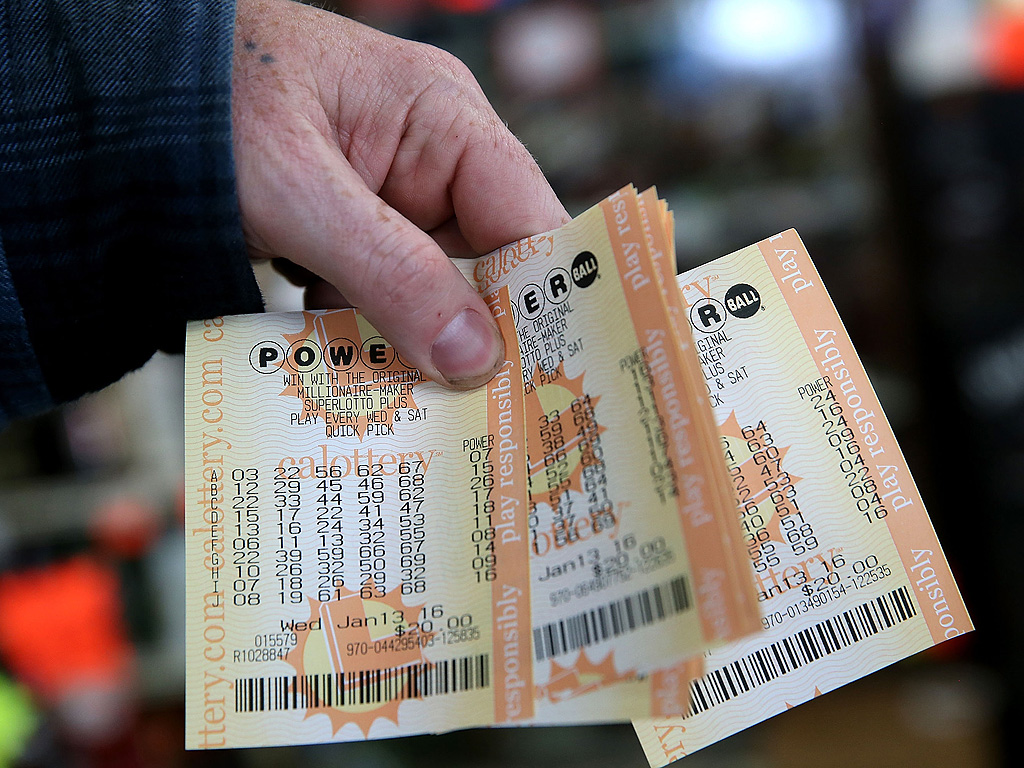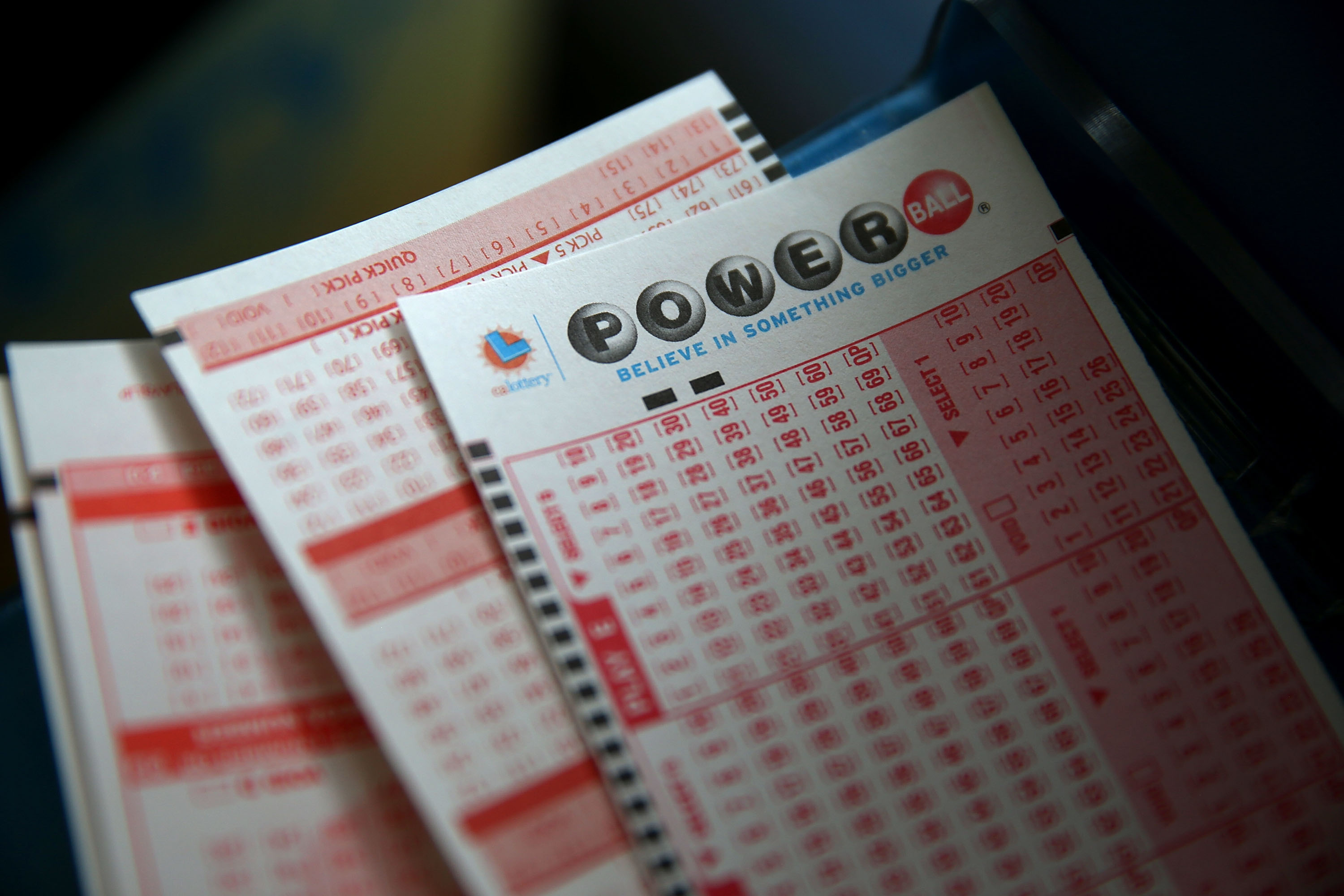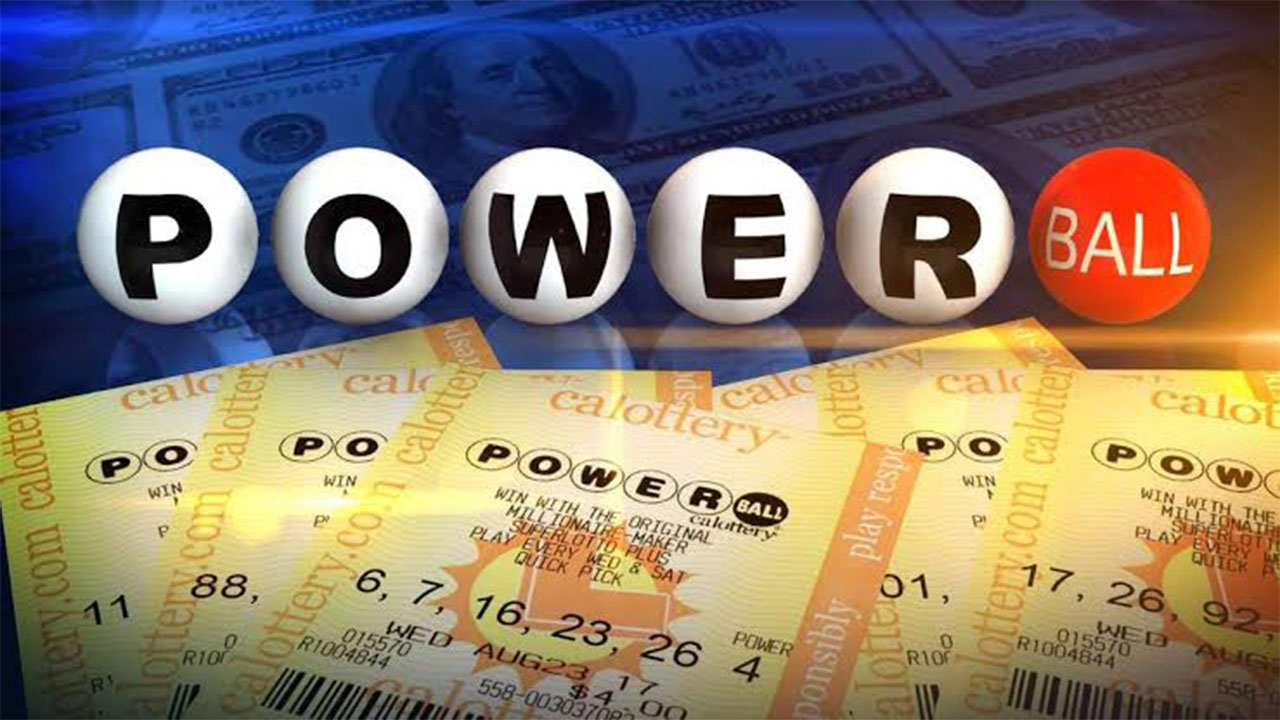Powerball Jackpot and Winning Ticket

The Powerball lottery, a multi-state game in the United States, has captivated the nation with its life-changing jackpots and the allure of becoming an instant multi-millionaire. It has evolved into a cultural phenomenon, fueling dreams of financial freedom and creating a sense of shared excitement across the country.
History of the Powerball Lottery
The Powerball lottery was first introduced in 1992 by a group of 12 states. It has since grown into one of the most popular lotteries in the world, with 45 states, the District of Columbia, Puerto Rico, and the U.S. Virgin Islands participating. The rules of the game are simple: players select five numbers from 1 to 69 and one Powerball number from 1 to 26. The jackpot is awarded to anyone who matches all six numbers. The prize structure includes smaller prizes for matching fewer numbers.
The Significance of the Latest Powerball Jackpot
The latest Powerball jackpot has reached an astronomical amount, generating immense public interest and driving ticket sales to unprecedented levels. The rarity of winning the Powerball jackpot is a key factor contributing to its allure. The odds of winning are 1 in 292.2 million, making it an incredibly challenging feat. The sheer magnitude of the jackpot, coupled with the astronomical odds, creates a powerful combination that fuels public fascination and drives participation in the lottery.
Impact of a Large Powerball Jackpot on Ticket Sales and Public Interest
Large Powerball jackpots have a profound impact on ticket sales and public interest. As the jackpot grows, so does the number of people who purchase tickets, hoping to win the life-changing prize. The media frenzy surrounding large jackpots also contributes to heightened public interest, with news outlets frequently reporting on the latest jackpot amount and the winning numbers. The social and economic impact of a large Powerball jackpot is significant, with winners often choosing to share their winnings with family, friends, and charities.
Timeline of Recent Powerball Jackpots and Winning Ticket Locations
- Date: January 13, 2023 | Jackpot: $768.4 million | Winning Ticket Location: California
- Date: October 4, 2022 | Jackpot: $2.04 billion | Winning Ticket Location: California
- Date: July 4, 2022 | Jackpot: $1.08 billion | Winning Ticket Location: California
The Winning Ticket and the Winner: Powerball Winning Ticket Sold

The Powerball lottery, a symbol of hope and dreams, has once again delivered its life-altering prize. A lucky ticket holder has claimed the grand prize, a sum that will forever alter their life’s trajectory. As the spotlight shines on the winner, let’s delve into the details of this momentous event and explore the profound impact it will have on their life.
The Winning Ticket and its Journey, Powerball winning ticket sold
The winning Powerball ticket was purchased at a specific retailer, adding a layer of local excitement to the national event. The ticket, with its winning numbers, embodies the culmination of chance and fate. The winning numbers, drawn on [date of drawing], hold the key to a future filled with possibilities.
Claiming the Prize: A Process of Verification and Fulfillment
Claiming the Powerball prize is a meticulous process that ensures the legitimacy of the winning ticket. The winner must present the ticket to lottery officials for verification, a process that involves rigorous scrutiny to confirm its authenticity. The claim must be submitted within a specified timeframe, as Artikeld by the lottery regulations.
The Impact of Winning: A Transformative Journey
Winning the Powerball lottery is a life-changing event that carries significant financial, social, and emotional implications. The winner will face a multitude of choices, decisions, and challenges as they navigate this new chapter.
Financial Implications
The financial windfall will undoubtedly bring immense wealth, but it also presents a unique set of financial challenges. Managing such a significant sum requires careful planning, wise investment strategies, and a team of trusted financial advisors. The winner must navigate the complexities of taxes, estate planning, and philanthropic endeavors, ensuring that their newfound wealth is used responsibly and sustainably.
Social Implications
Winning the lottery can alter the winner’s social dynamics. The sudden influx of wealth may attract new acquaintances and shift existing relationships. It’s crucial for the winner to maintain a healthy balance, preserving authentic connections while navigating the complexities of newfound social circles.
Emotional Implications
The emotional impact of winning the Powerball can be profound. The sudden shift in fortune can trigger a range of emotions, from joy and excitement to anxiety and fear. It’s essential for the winner to seek support from trusted individuals, therapists, or financial advisors to navigate the emotional rollercoaster and make informed decisions.
Summary of the Winning Details
| Winning Numbers | Date of Drawing | Location of Ticket Sale |
|---|---|---|
| [Winning numbers] | [Date of drawing] | [Retailer name and location] |
The Powerball Lottery’s Impact

The Powerball lottery, with its massive jackpots and widespread participation, has a significant impact on various aspects of society, from state finances to individual lives. Its influence extends beyond mere entertainment, affecting the economy, social dynamics, and even cultural perceptions.
Economic Impact
The Powerball lottery generates substantial revenue for state and local governments. A significant portion of ticket sales is allocated to public programs and services. This revenue stream is a crucial source of funding for various initiatives, including education, infrastructure, and environmental protection.
- State governments rely heavily on lottery proceeds, often earmarking them for specific purposes. For instance, many states dedicate a portion of lottery revenue to education, funding scholarships, school construction, and teacher salaries. This financial support plays a vital role in sustaining educational systems and ensuring access to quality education.
- Lottery funds also contribute to infrastructure development, supporting projects such as road construction, bridge repairs, and public transportation improvements. This investment helps enhance the overall quality of life for residents and promotes economic growth by improving transportation networks and facilitating commerce.
- Beyond education and infrastructure, lottery revenue is often directed towards environmental protection initiatives, funding parks, wildlife conservation programs, and pollution control efforts. This financial support contributes to preserving natural resources, promoting sustainable practices, and ensuring a healthy environment for future generations.
Social and Cultural Aspects
Lottery participation is deeply ingrained in American culture, with millions of people participating regularly. This widespread appeal stems from the allure of winning life-changing sums of money, providing a glimmer of hope and a chance to escape financial burdens. However, lottery participation also presents potential downsides.
- The dream of winning big can lead to excessive gambling, potentially causing financial hardship for individuals and families. This is particularly true for those who spend beyond their means, chasing elusive jackpots and neglecting their financial responsibilities. Responsible gaming practices are crucial to mitigate these risks and ensure that lottery participation remains a form of entertainment rather than a source of financial ruin.
- The focus on winning large sums can also create a culture of instant gratification and unrealistic expectations. This can lead to a decline in work ethic and a sense of entitlement, as individuals prioritize winning the lottery over pursuing traditional avenues of success and achievement.
- The societal impact of the Powerball lottery extends beyond individual behavior. The constant media coverage of massive jackpots can fuel a sense of envy and dissatisfaction, leading to social inequality and a widening gap between the haves and have-nots. This can create a culture of consumerism, where individuals are encouraged to spend their money on lottery tickets rather than on essential needs or long-term investments.
Responsible Gaming Practices
Promoting responsible gaming practices is essential to mitigate the potential downsides of lottery participation. This involves educating players about the odds of winning, setting spending limits, and providing resources for individuals struggling with gambling addiction.
- Lottery operators and governments have a responsibility to ensure that players are aware of the low probability of winning. This involves clearly displaying the odds of winning on tickets and in advertising materials, helping players make informed decisions and avoid unrealistic expectations.
- Encouraging players to set spending limits is crucial for responsible gaming. This can be achieved through tools like self-exclusion programs, where players can voluntarily limit their access to lottery products. Additionally, promoting alternative forms of entertainment and emphasizing the importance of responsible financial management can help players maintain a healthy relationship with the lottery.
- Providing resources for individuals struggling with gambling addiction is essential. This includes access to counseling services, support groups, and hotlines dedicated to addressing gambling-related issues. By offering these resources, lottery operators and governments can ensure that players have the support they need to overcome addiction and regain control over their lives.
Comparison with Other Lotteries
The Powerball lottery shares similarities with other popular lotteries, such as Mega Millions, but also has distinct characteristics.
- Both Powerball and Mega Millions offer massive jackpots, attracting millions of players nationwide. They share similar gameplay mechanics, involving the selection of numbers from multiple pools. The large jackpots and multi-state participation create a sense of excitement and anticipation, driving ticket sales and generating substantial revenue for participating states.
- Powerball and Mega Millions differ in terms of the number of balls drawn and the specific rules governing winning combinations. These variations create distinct odds of winning and affect the overall jackpot amounts. For example, Powerball involves drawing five white balls from a pool of 69 and one red Powerball from a pool of 26, while Mega Millions draws five white balls from a pool of 70 and one gold Mega Ball from a pool of 25. These differences in the drawing process lead to varying probabilities of winning and affect the overall jackpot amounts.
- Despite these differences, both Powerball and Mega Millions have a significant impact on state and local economies, generating substantial revenue for public programs and services. They also share similar social and cultural aspects, attracting millions of players with the promise of life-changing wealth. However, both lotteries also present potential downsides, including the risk of excessive gambling and the creation of unrealistic expectations.
Powerball winning ticket sold – Right, so the Powerball winning ticket has been sold, but the real question is, where on earth was it bought? You can find out by checking out this link where was winning powerball ticket sold to see if you’re anywhere near the lucky shop.
Once you know, you can start planning your celebratory pint – assuming you’re not the one holding the ticket, of course!
Right, so apparently someone’s just won the Powerball, which is massive, right? But the big question is, where did that lucky ticket get snapped up? You can check out the latest scoop on where was the winning powerball ticket sold last night , and maybe you’ll find out if it was your local shop.
Anyway, I reckon whoever’s got the ticket is probably doing a celebratory dance right now, eh?
